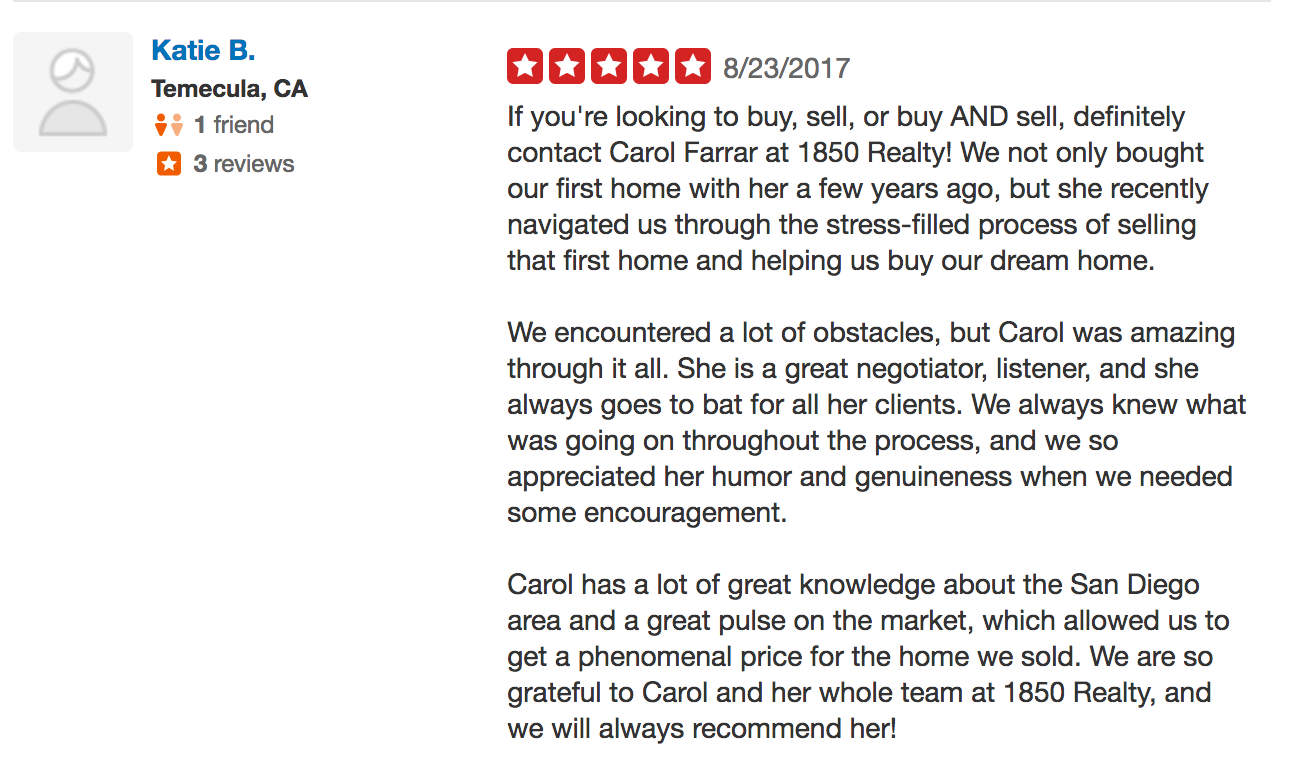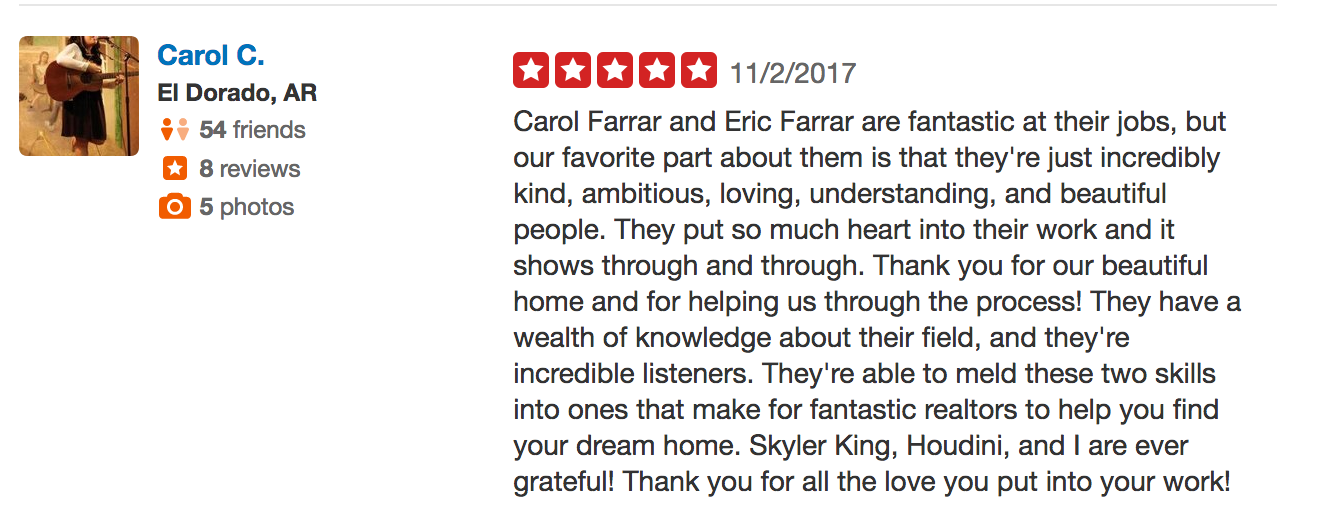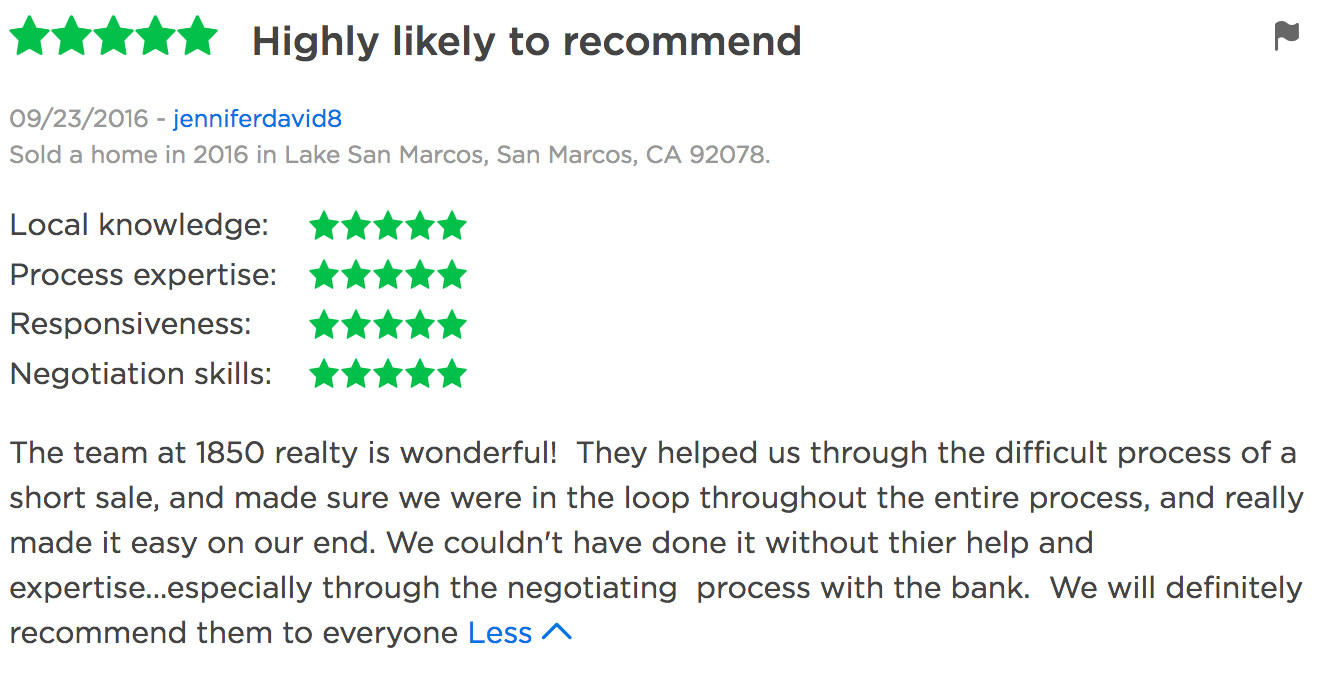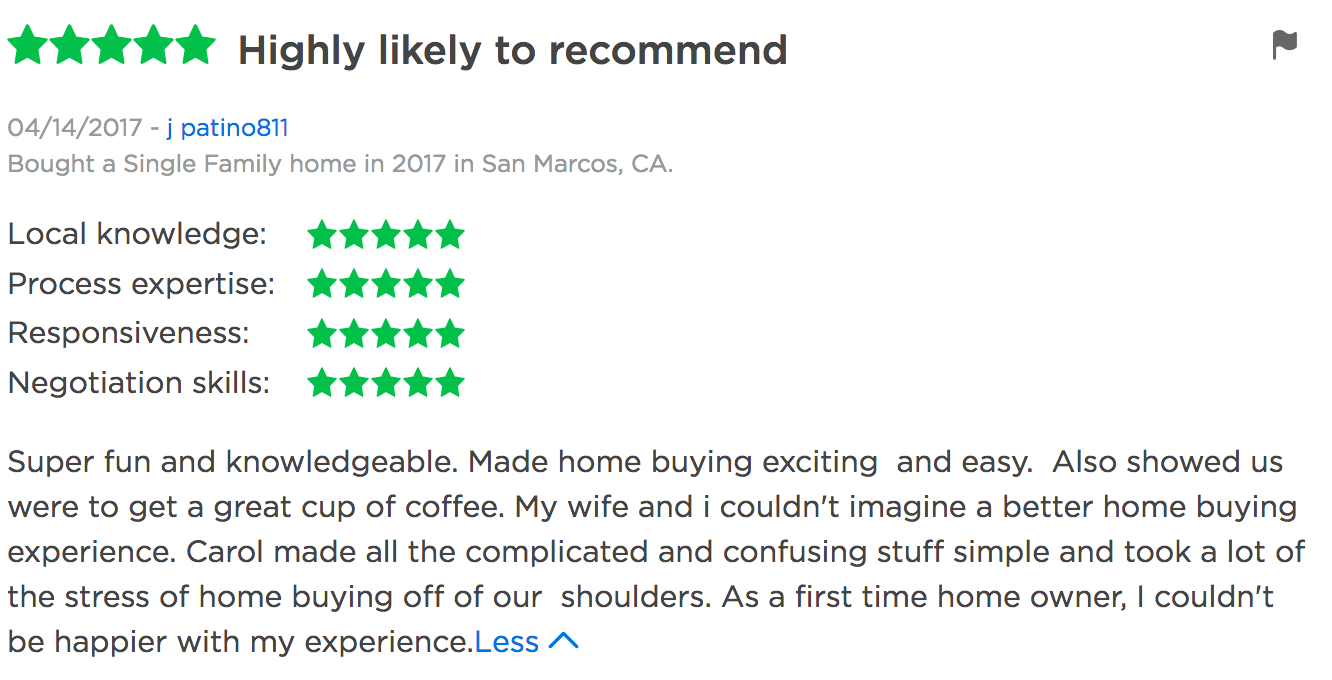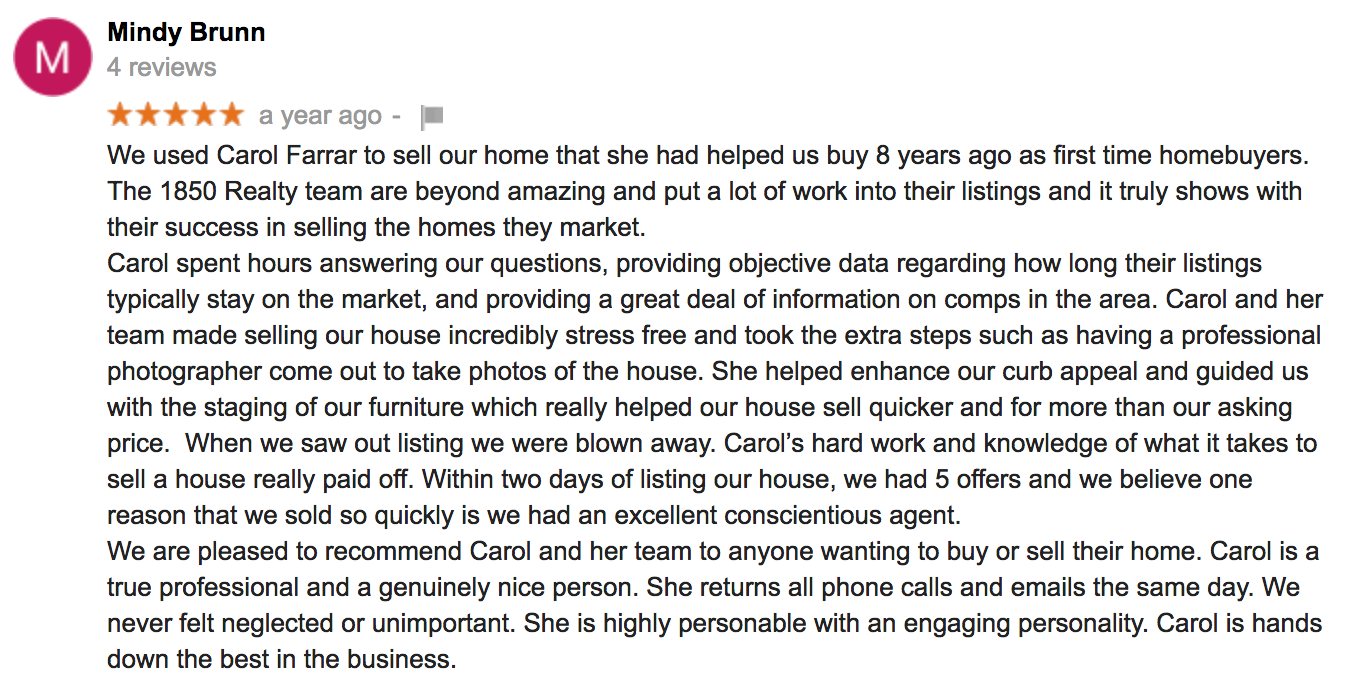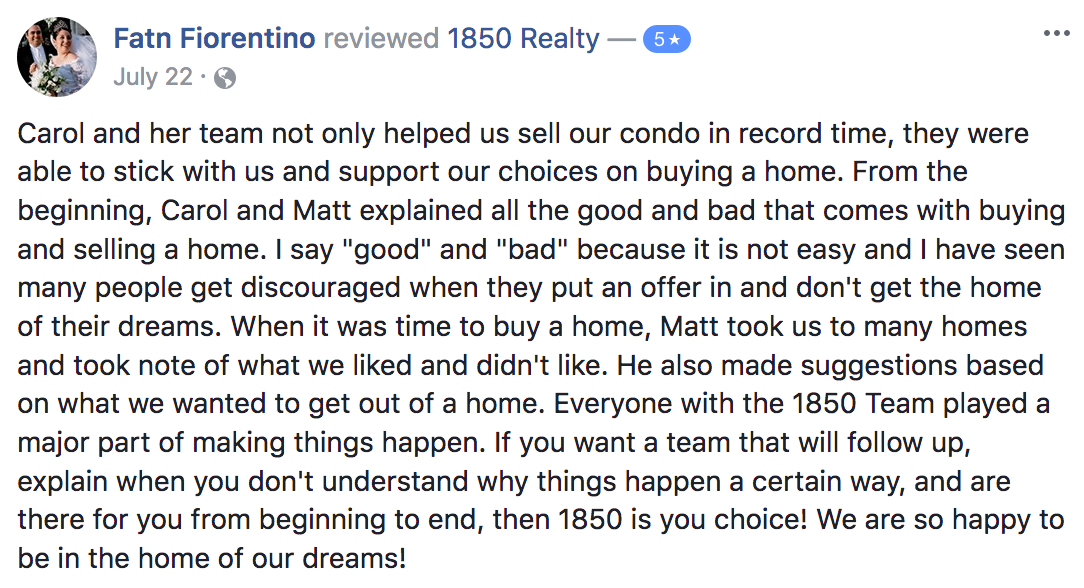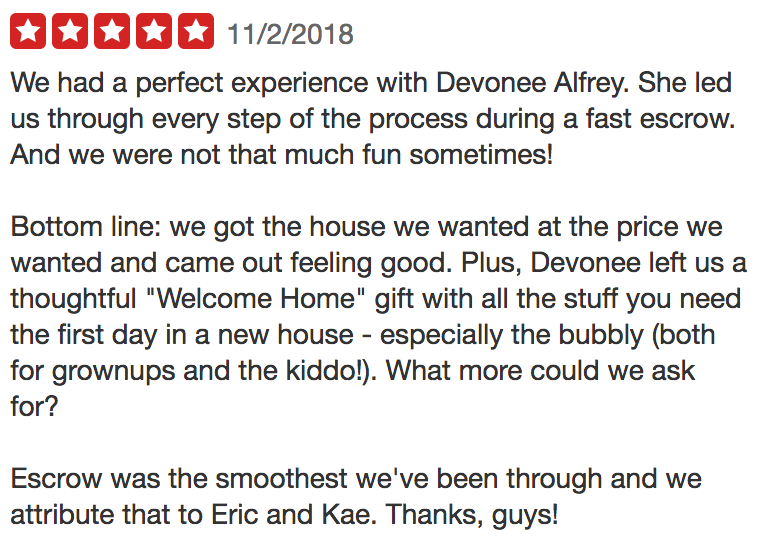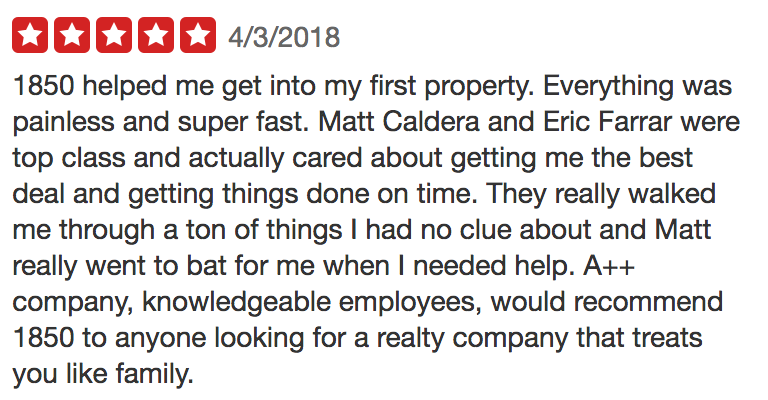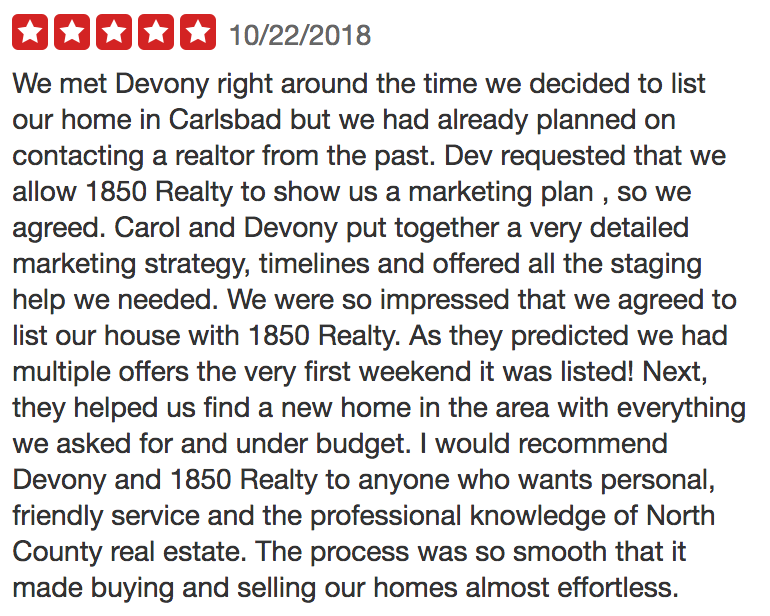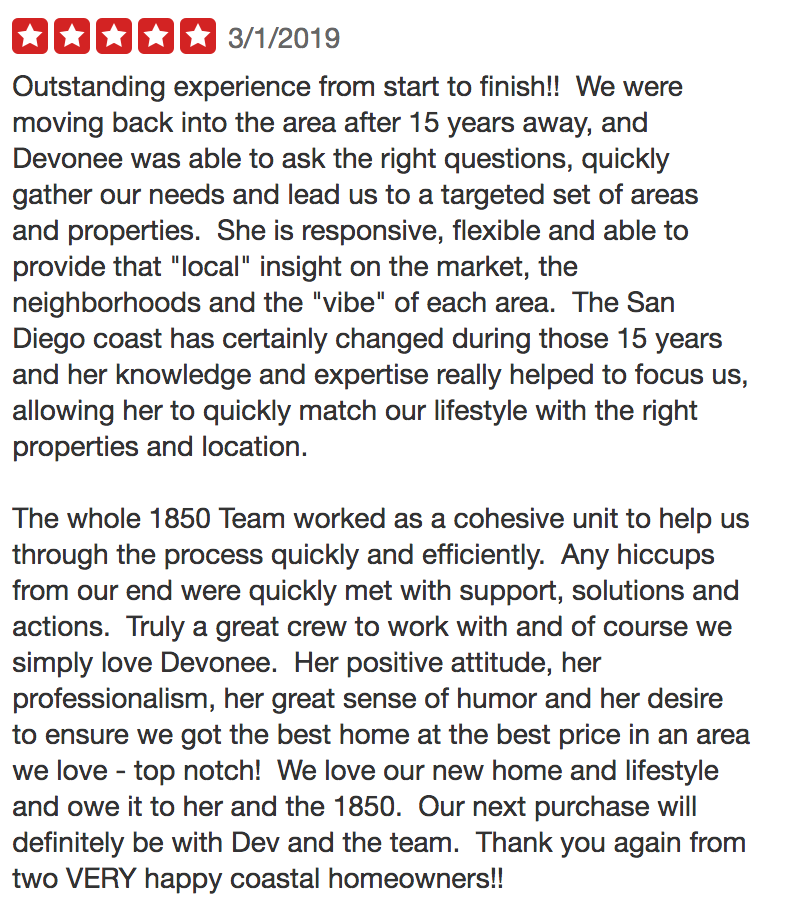The online world is awash with information. Most of it free. Or is it? What consumers should know about how home searches are presented.
Zillow, Trulia, and Realtor.com are the largest “portals” for real estate nationally. They negotiate to publish information from your local MLS (multiple listing service) to their vast databases, and advertise that content to drive traffic: near 40% according to their sources. Adword spending is tough to track, due to fluctuations month to month, but the three range from a low of $89,000 to a high of $160,000 per day. Total ads issued: 278,881 spanning 198,178 keywords.
Inman News, a real estate content aggregator, posted an interesting article bringing some of these tactics to light. From the article: “Each company was careful to note that their 2014 marketing campaigns will target “transaction-ready” consumers, anticipating any concerns by investors — and agents and brokers — that the quality and dollar value of the leads the portals provide to real estate professionals could otherwise be diluted.”
How does this translate to you, the consumer? The business model is based on back end advertising to the industry, not helping you search for a home. Quality and accuracy of the data presented by third party portals such as Trulia and Zillow isn’t a priority, but selling your clicks to people is.
Industry insiders have been bemoaning errors in these portals (see here and here) ranging from minor mistakes such as number of bedrooms and baths, to homes being posted for sale that are not. That last one is a doozy! Since they aren’t selling the product in question, there is no chance of a false advertising scenario playing out. However, they inflate their search terms and traffic by including these “errors and omissions.”
This means that your search may include unavailable homes, and/or misleading characteristics causing wasted time and effort. In our current market short on inventory, that time could be the difference between finding a real seller and beating the competition to bid.
Local providers are held accountable to displaying data currently as entered in the MLS. The consumer benefits by an increase in accuracy of information. As well as access to non syndicated data. Which means finding your next home even faster with less stress. Don’t let an ad giant steer your home search. That’s why we are here to help.

